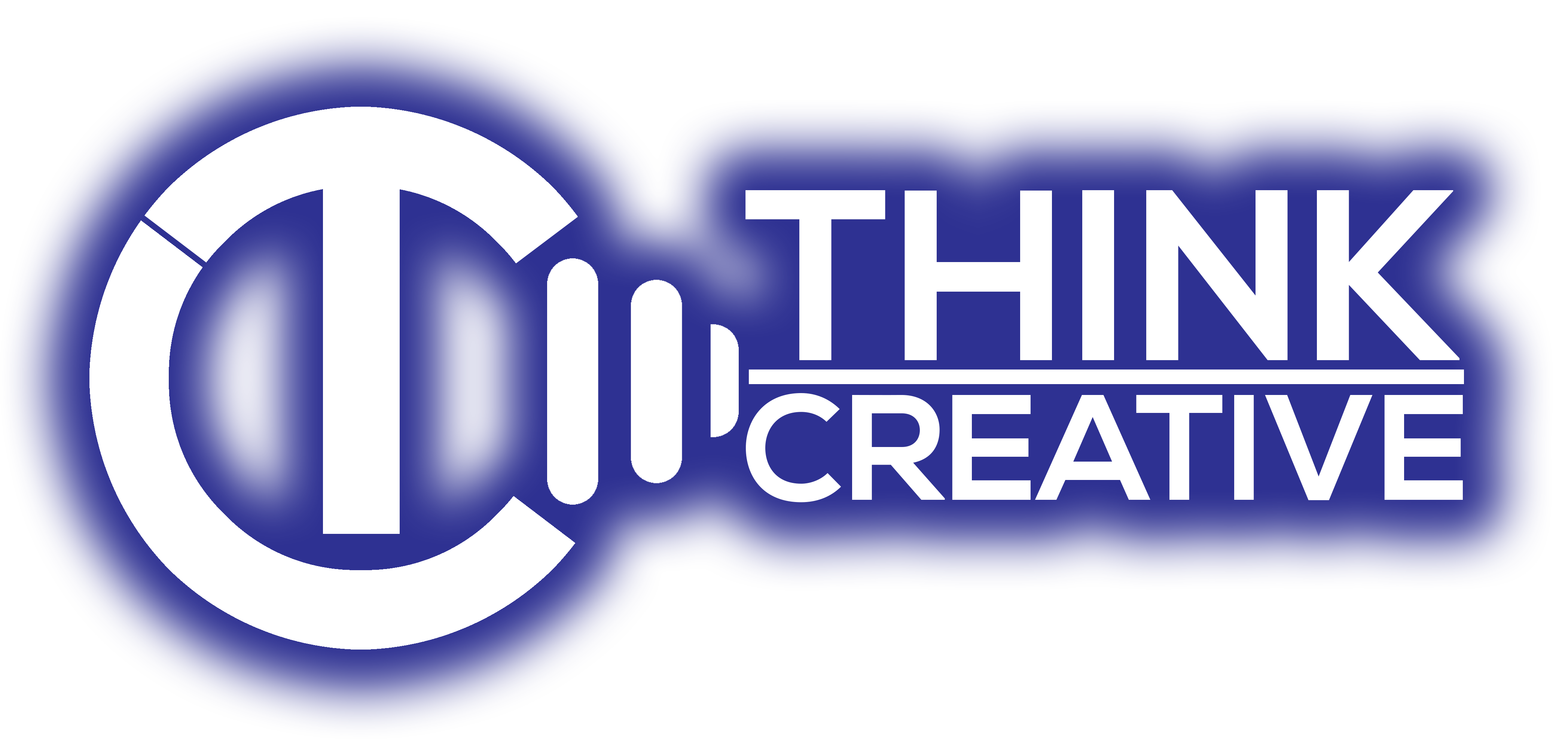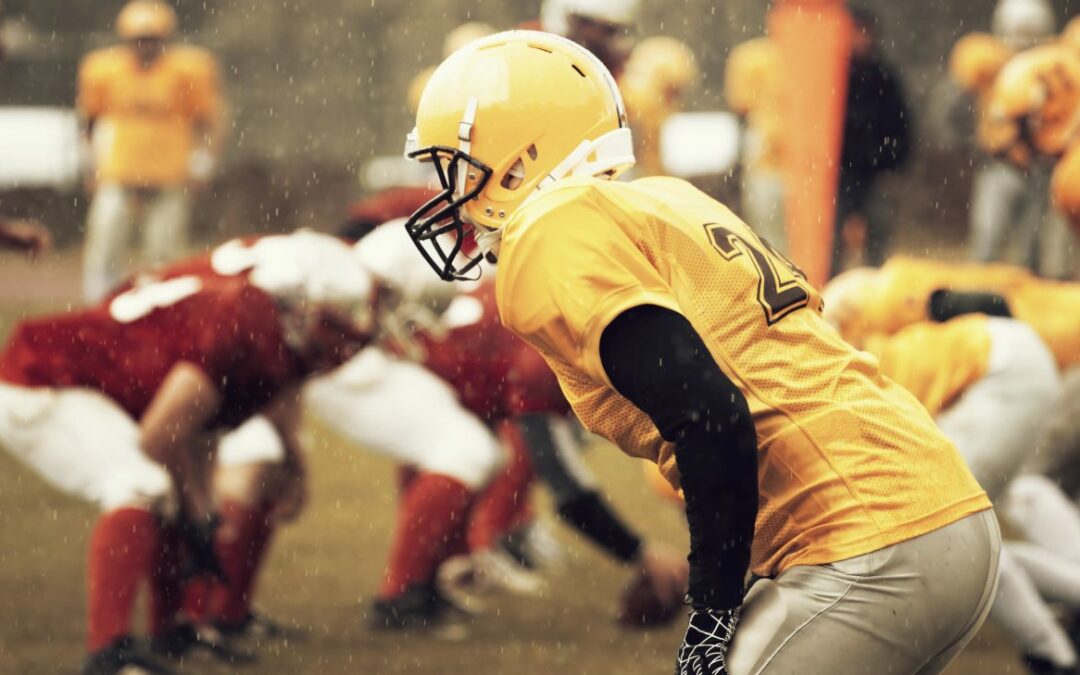Before 2021, student-athletes playing at the university level were legally not allowed to profit off of their name, image, or likeness. It was impossible to have student-athlete brand partnerships. The purpose of this law was to preserve the amateurism of college athletes before many of these athletes went on to eventually play their sport at the professional level after graduating from college. Considering the fact that
A landmark decision by the United States Supreme Court in 2021 changed this law in order to allow college athletes to receive financial compensation for their name, image, and likeness (often abbreviated as NIL) in many states across the country–including California. This means that, for the first time in history, student-athletes can now receive sponsorships and partner with brands in marketing campaigns to use their well-known names and faces to encourage consumers to purchase specific products or services or engage with certain businesses or brands.

student-athletes can now receive sponsorships and partner with brands in marketing campaigns
This law change has rocked the marketing world as brands begin to take advantage of their new ability to partner with celebrity college athletes. Brands around the country have spent millions of dollars in partnering with well-known student-athletes and are expected to spend upwards of $579 million this year on student-athlete brand partnerships. There are many benefits to teaming up with student-athletes in a marketing campaign for your business or brand. However, there are also risks to student-athlete brand partnerships as well. Keep reading to learn more about some of these risks to help you determine whether offering compensation to student-athletes in exchange for product advertisement is the right choice for your business.
Uncertain Futures
Just because a student-athlete has been chosen to play a sport at the university level does not necessarily mean that they will become a successful professional athlete or even a successful college athlete.
Since the new NIL law went into effect, many brands have entered premature partnerships with brand-new college athletes, some of whom have not yet even gotten a chance to play a single game at the university level. This is a risky decision on the part of these brands, because many of these new student-athletes may not perform well or receive the recognition needed to successfully promote a product or service for a brand.
If you choose to with a new college athlete, it’s a good idea to wait until their sports season has begun and they have gotten the chance to prove themselves on the field or on the court before you offer them financial compensation for marketing for your brand.
Time Constraints
Being a college athlete is a full-time job–and then some. Student-athletes at the university level commit many, many hours a week to attend practices, actually competing in games, being present at events for their sport, etc.
This is the case for professional athletes as well, but most professional athletes already have a wealth of experience with the time commitment their sport requires and know how to balance their time between their athletics and their brand partnerships. It is important to keep in mind, however, that college athletes are relatively inexperienced and may not know how to balance their time as effectively as seasoned professional athletes–which could be detrimental to your brand partnership.
Inauthentic Partnerships
One of the most important things to consider when deciding whether to enter a brand partnership with a college athlete is why you chose that athlete to promote your products or services or brand as a whole. A major mistake many brands have made in the recent frenzy of student-athlete brand partnerships is entering into marketing partnerships with college athletes who are unable to authentically promote these brands.
It is essential for the success of your student-athlete brand partnership that the athlete with whom you partner has a background, interests, and values that are consistent with your brand. This consistency will allow for authentic student-athlete brand partnerships that benefit both the college athlete and your brand and seem genuine to consumers.
Contact us for more information on how you can utilize student-athlete influencers in your marketing strategy.


Recent Comments